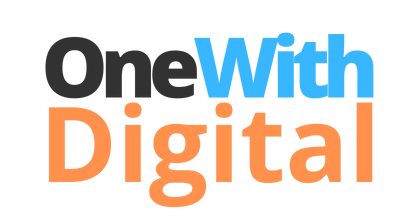
Increase Engagement
Email marketing allows businesses to build relationships with customers by providing them with relevant, valuable and personalized content, offers and experiences.

Targeted Marketing
Email marketing allows businesses to segment their audience and send targeted messages to specific groups of people, increasing the relevance of the message.

Measurable Results
Email marketing campaigns can be tracked and measured, which allows businesses to understand their return on investment (ROI) and make data-driven decisions.
Ways to Engage
- Newsletters: Create a regular newsletter to keep your clientele informed about the services and resources, as well as relevant news and events.
- Service announcements: Send out emails to inform your lists about new services or changes to existing services.
- Event invitations: Send out emails to invite to attend events, workshops, or webinars hosted by your business or agency or in partnership with other organizations.
- Surveys and feedback: Use email to send out surveys or gather feedback about the services provided by your business, which can help improve their offerings.
- Educational content: Create and send out educational content, such as e-books, guides, and tip sheets, on topics of interest, such as caregiving, financial planning, and healthy aging.
- Reminders: Send out email reminders about important deadlines, appointments, or events related to the services provided by your agency or business.
- Targeted campaigns: Segment the email list by demographic, interest, or behavior and create targeted campaigns that speak directly to the needs and interests of specific groups of people.
- Automation: Automate repetitive tasks such as sending out reminders, follow-ups, and service announcements which can save time and resources.

The Plan
Strategy Call

Let’s spend 30 minutes getting to know each other and learn more about your goals.
Develop Digital Marketing Strategy

Understand Goals
Conducting A Thorough Analysis
Research The Competition
Defining Metrics And KPIs
Implementation

Prioritizing Tactics
Creating A Content Calendar
Setting Up Tracking And Measurement
Allocating Resources
Communicating With Stakeholders
Executing And Adjusting The Strategy
Continuously Evaluating And Improving The Strategy
I Need Help With?









